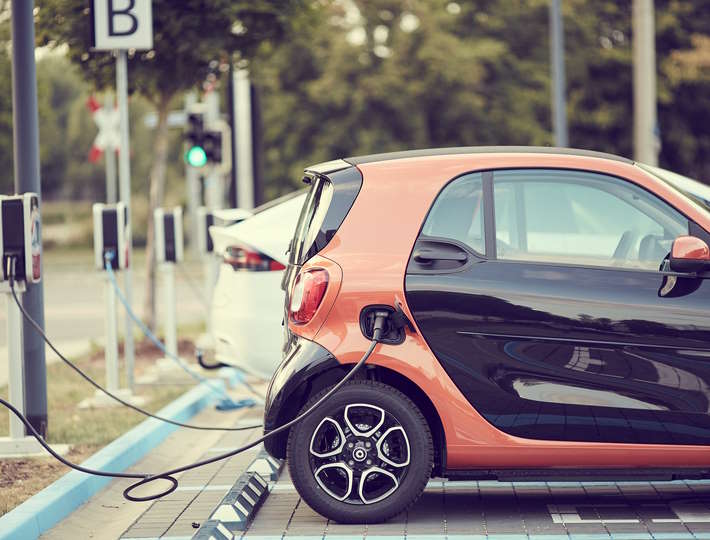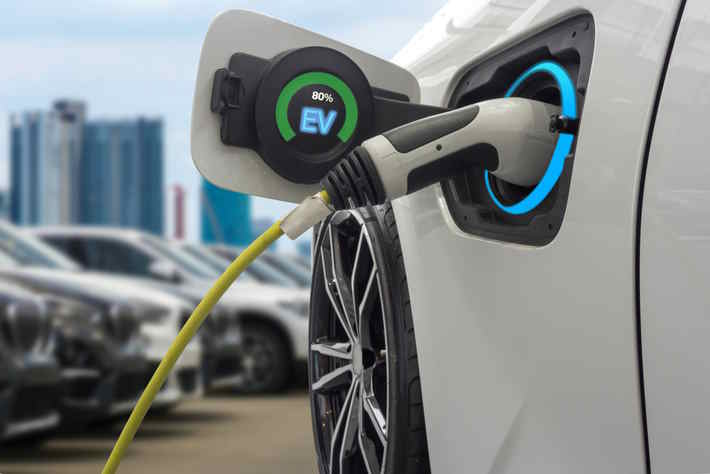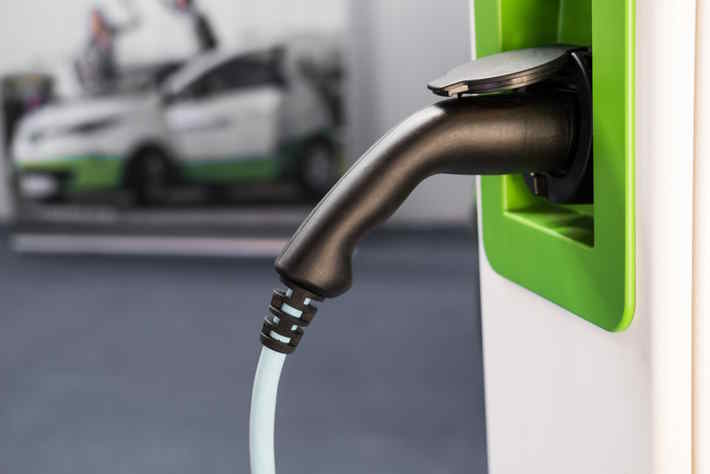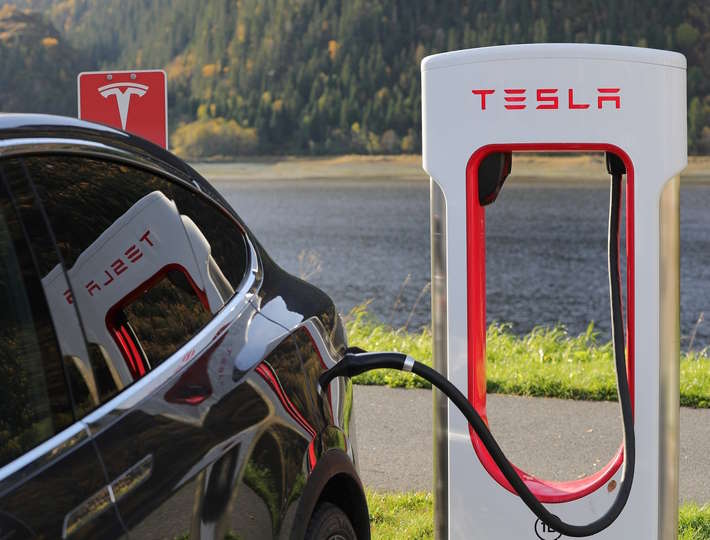Have you ever wondered if electric cars have radiators like traditional gasoline-powered vehicles? In this blog post, we will explore the importance of radiators in a car’s cooling system and discuss whether or not electric cars use them. We will delve into the alternative cooling methods that electric cars utilize to maintain optimal temperature levels for their components. Additionally, we will compare the efficiency of traditional radiator systems with the cooling systems found in electric vehicles. Join us as we uncover the fascinating world of electric car technology and learn more about how these eco-friendly vehicles keep their cool on the road.Discover the importance of radiators in electric cars and efficient alternative cooling methods. Compare cooling system efficiencies for optimal performance.
Electric cars
Electric cars have become increasingly popular in recent years due to their numerous environmental and economic benefits. One common question that arises is whether or not electric cars have radiators. The truth is, electric cars do not have radiators like traditional internal combustion engine vehicles do. This is because electric cars rely on electric motors and batteries to power the vehicle, rather than burning fuel and creating excess heat.
Instead of radiators, electric cars utilize cooling systems that are specifically designed to keep the batteries and other components at optimal operating temperatures. These cooling systems are crucial for maintaining the efficiency and longevity of the electric vehicle. While traditional cooling methods may not be necessary, alternative cooling methods such as liquid cooling or air cooling are often used to ensure the electric car operates smoothly.
When comparing the efficiency of radiators in traditional vehicles to the cooling systems in electric cars, it is clear that electric cars have a significant advantage in terms of energy efficiency. Without the need for a radiator to cool the engine, electric cars are able to operate more efficiently and with less energy consumption. This makes them a more sustainable and environmentally friendly option for transportation.
Cooling system
It is common knowledge that traditional internal combustion engine vehicles require a cooling system to regulate the temperature of the engine. The importance of radiators in this regard cannot be overstated, as they play a crucial role in dissipating the excess heat generated by the engine. However, when it comes to electric cars, the question arises: do they have radiators?
Electric vehicles do not have traditional radiators like their gasoline-powered counterparts. This is because electric motors operate at a much lower temperature compared to internal combustion engines. In fact, the absence of a cooling system, including a radiator, is often touted as one of the efficiency advantages of electric cars. Without the need to cool the engine, electric vehicles do not experience significant heat loss through the cooling system, resulting in improved energy efficiency.
While electric cars may not have radiators in the traditional sense, they do have a cooling system of their own. Electric vehicles utilize alternative cooling methods such as air or liquid cooling to regulate the temperature of the battery pack and other components. These cooling systems are essential to maintaining the optimal performance and lifespan of the vehicle’s electrical components, ensuring that the electric car operates efficiently and reliably.
Importance of radiators
Radiators play a crucial role in keeping our vehicles running smoothly by dissipating heat generated from the engine. Without a properly functioning radiator, vehicles can easily overheat, causing damage to the engine and potentially leaving you stranded on the side of the road.
One of the key functions of a radiator is to help regulate the temperature of the engine by transferring heat away from the coolant and dispersing it into the air. This process is essential in maintaining the optimal operating temperature of the engine and preventing it from overheating.
In addition to preventing overheating, radiators also help improve the overall efficiency and performance of the vehicle by ensuring that the engine operates at its optimal temperature. This not only helps to prolong the lifespan of the engine but also contributes to better fuel economy and reduced emissions.
Alternative cooling methods
When it comes to cooling systems in vehicles, traditional methods such as radiators are commonly used. However, there are alternative cooling methods that are gaining popularity due to their efficiency and environmental friendliness. One alternative cooling method is the use of thermoelectric coolers, which rely on the Peltier effect to transfer heat from one side of the device to the other. These coolers are compact and can be easily integrated into the vehicle’s cooling system.
Another alternative cooling method is the use of phase change materials, which absorb and release heat during the phase transition process. By incorporating phase change materials into the vehicle’s cooling system, heat can be efficiently removed without the need for bulky radiators. This method is particularly effective in electric vehicles, where space and weight are crucial factors.
Furthermore, advanced technologies such as liquid cooling systems and electronic cooling jackets are also being explored as alternative cooling methods for vehicles. Liquid cooling systems use coolant to transfer heat away from components, while electronic cooling jackets use flexible materials to dissipate heat generated by electronic devices. These innovative solutions offer improved thermal management and can enhance the overall performance of the vehicle.
Efficiency comparison
Electric cars and traditional gasoline vehicles both have cooling systems in place to prevent the engine from overheating. However, the efficiency of these cooling systems can vary significantly. While traditional vehicles rely on a complex system of radiators, fans, and coolant to regulate the engine temperature, electric cars have a simpler cooling system that typically consists of a smaller radiator and an electric pump.
When comparing the efficiency of these two types of cooling systems, it is important to consider factors such as energy consumption, maintenance requirements, and overall performance. Electric cars are generally more energy-efficient than traditional vehicles, which means their cooling systems consume less power. This can result in lower operating costs and reduced environmental impact.
In addition, electric cars often require less maintenance compared to traditional vehicles, as they have fewer moving parts that can wear out over time. This can contribute to higher overall efficiency and lower long-term costs of ownership. Overall, the efficiency of electric car cooling systems can be seen as a significant advantage over traditional vehicles, making them a more sustainable and cost-effective option in the long run.








